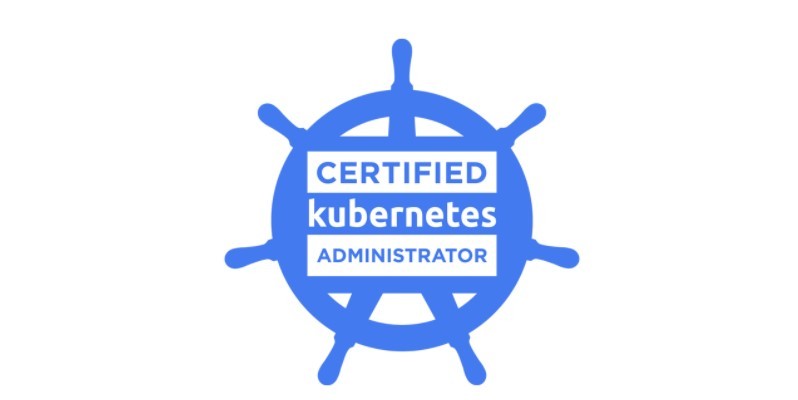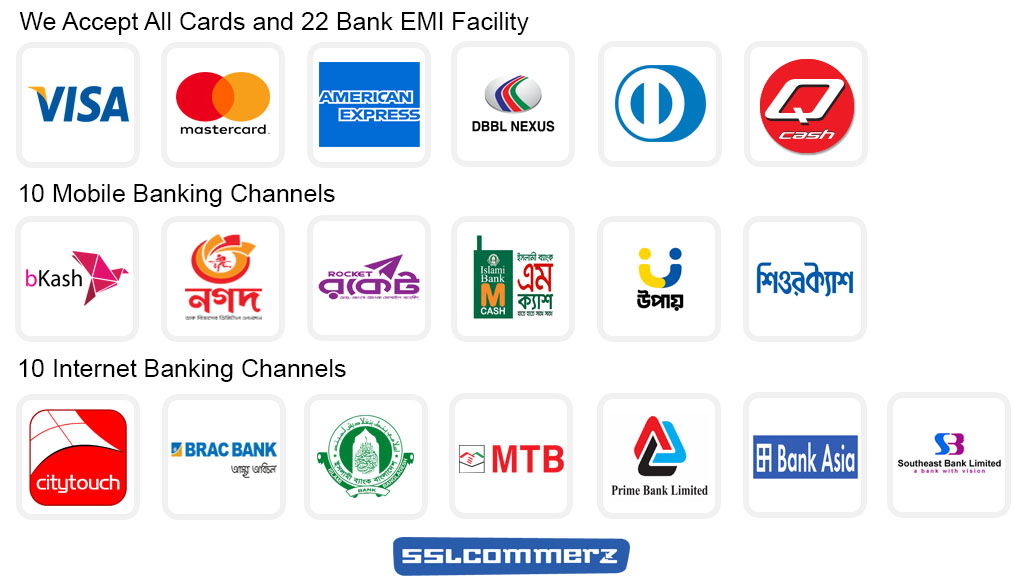Certified Kubernetes Administrator (CKA)

Docker is the world’s leading software containerization platform. It packages your application into one standardised unit, wrapping it into a complete file system that contains everything needed to run on a server. Kubernetes is a system created by Google to automate the deployment, scaling and management of containerized applications (like the ones Docker creates). The two combined make life a breeze for anyone needing to transport, install and maintain complex software applications anywhere.
Course Objectives
This is a hands-on course is designed to teach you how to:
- Set up Docker engine, workstation
- Configure Docker engine
- Build and Manage Docker Images
- Bundle applications in Docker images
- Setup Docker Swarm cluster
- Run applications in Docker swarm cluster
- Run applications on Kubernetes cluster
Target Audience
- Full Stack Developers
- Anyone deploying containerized applications
- Site Reliability Engineers (SREs)
- DevOps Engineers
- Operations Engineers
Course Pre-Requisites
- No prior knowledge of the Docker /Containerization is required. This course is designed for individuals new to the Docker.
- Participants must be comfortable using the terminal or command line.
- Basic understanding of Linux/Unix OS.
Course Summary
Course Fee
৳ 15,000
Training Method
Online
Total Modules
15
Course Duration
40 Hours
Total Session
15
Class Duration
2/3 Hours

Details Course Outlines
Module-01
Introduction to Kubernetes
- What is Kubernetes?
- Docker Swarm vs Kubernetes
- Kubernetes architecture & components
- Kubernetes installation and configuration
- Add Kubernetes Masters and Worker nodes
- Know where to get the Kubernetes release binaries
- Manage a Highly-available Kubernetes Cluster
- Lab 01
Module-02
Concepts on Kubernetes various objects
- Pod, container, Deployments, DaemonSets, ReplicaSets
- Static Pod, labels, annotations
- Different type of Services
- Pod vs Deployment vs StatefulSets
- Namespace, ConfigMap & Secret
- Managing kubernetes object
- Imperative command and Declarative configuration files approaches
- Lab 02:
Module-03
Application Lifecycle Management
- Understand deployments
- How to perform rolling update and rollbacks
- Know various ways to configure applications
- Know how to scale applications
- Creating different type of services
- Install and configure bare metalLB load balancer
- Understand Readiness probes, Liveness probes, Startup probes
- Lab 03:
Module-04
Scheduling
- Use label selectors to schedule Pods
- Taints & Tolerations, Node affinity
- Understand how resource limits can affect Pod scheduling
- Manually schedule a pod without a scheduler
- Display scheduler events
- Lab 04:
Module-05
RBAC Authorization & ServiceAccount
- Understand API Groups in Kubernetes
- Understand ServiceAccount
- Role & Rolebinding
- ClusterRole & ClusterRoleBinding
- Create ConfigMap & Secret
- Inject configmap & secret in pods
- Lab 05:
Module-06
Storage & Data Persistent
- Understand persistent volumes and know how to create them
- Understand access modes for volumes
- Understand persistent volume claims primitive
- Understand Kubernetes storage objects
- Know how to configure applications with persistent storage
- NFS server configure for storage solution
- Lab 06:
Module-07
Networking
- Understand the networking configuration on the cluster nodes
- Understand Pod networking concepts
- Understand Service Networking
- Know how to use Ingress controllers and Ingress resources
- Know how to configure and use the cluster DNS
- Understand CNI
- Install Nginx ingress controller
- Lab 07:
Module-08
Security
- Know how to secure hosts
- Secure Kubernetes
- Understand authentication & authorization
- Manage TLS certificates for cluster components
- View certificate details
- Create certificate for user
- Know how to configure network policies
- Work with images securely
- Define security contexts
- Secure persistent key value store
- Lab 08:
Module-09
Maintenance
- Kubernetes Software Versions
- Understand Kubernetes cluster upgrade process
- Facilitate operating system upgrades
- Implement backup and restore methodologies
- Implement etcd backup and restore
- Lab 09:
Module-10
Logging and Monitoring
- Understand how to monitor all cluster components
- Understand how to monitor applications
- Manage cluster component logs
- Manage application logs
- Install and configure metric server
- Install and configure Kubernetes dashboard
- Lab 10:
Module-11
Troubleshooting
- Troubleshoot application failure
- Troubleshoot control plane failure
- Troubleshoot worker node failure
- Troubleshoot networking
- Lab 11:
Module-12
Network Policies
- Basic of network policies
- Prerequisites of network policy
- policyTypes: Ingress and Egress
- Default policies
- Know how to use Ingress & Egress policy
- Lab 12:
Module-13
Helm charts and Jsonpath
- Basic of helm and helm charts
- Install helm on kubernetes cluster
- Initialize a Helm Chart Repository
- Install an Example Chart
- Json file format and jsonpath expressions
- Lab 13:
Module-14
CKA Exam Preparation & Sample Questions
- How to register and purchase exam voucher
- Exam important instructions
- Discuss on exam modules
- Exam tips
- Sample Questions
- Lab 14:
Module-15
CKA Exam Sample Questions
- Sample Questions & Solutions
- Lab 15: Demo CICD full process in kubernetes cluster
